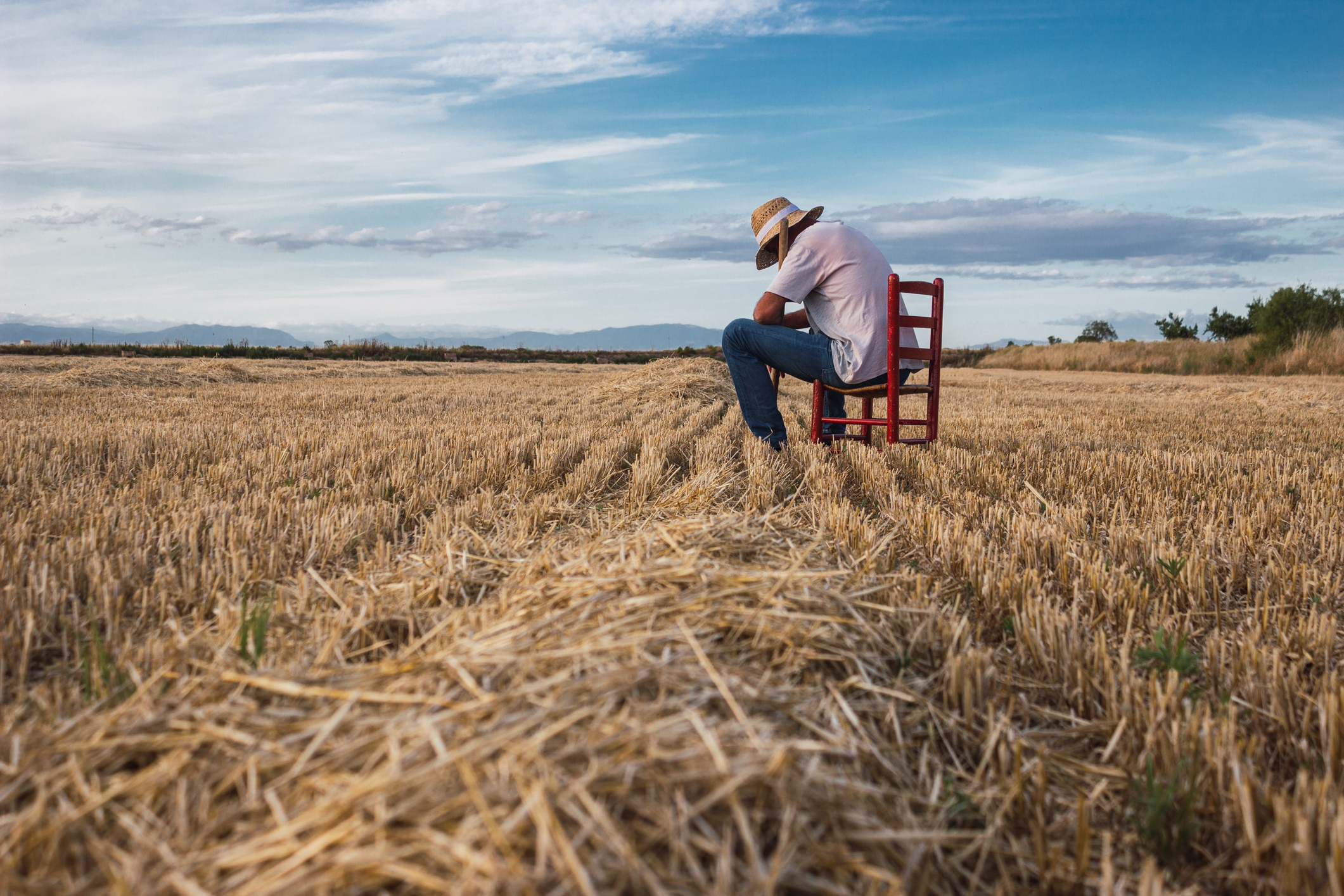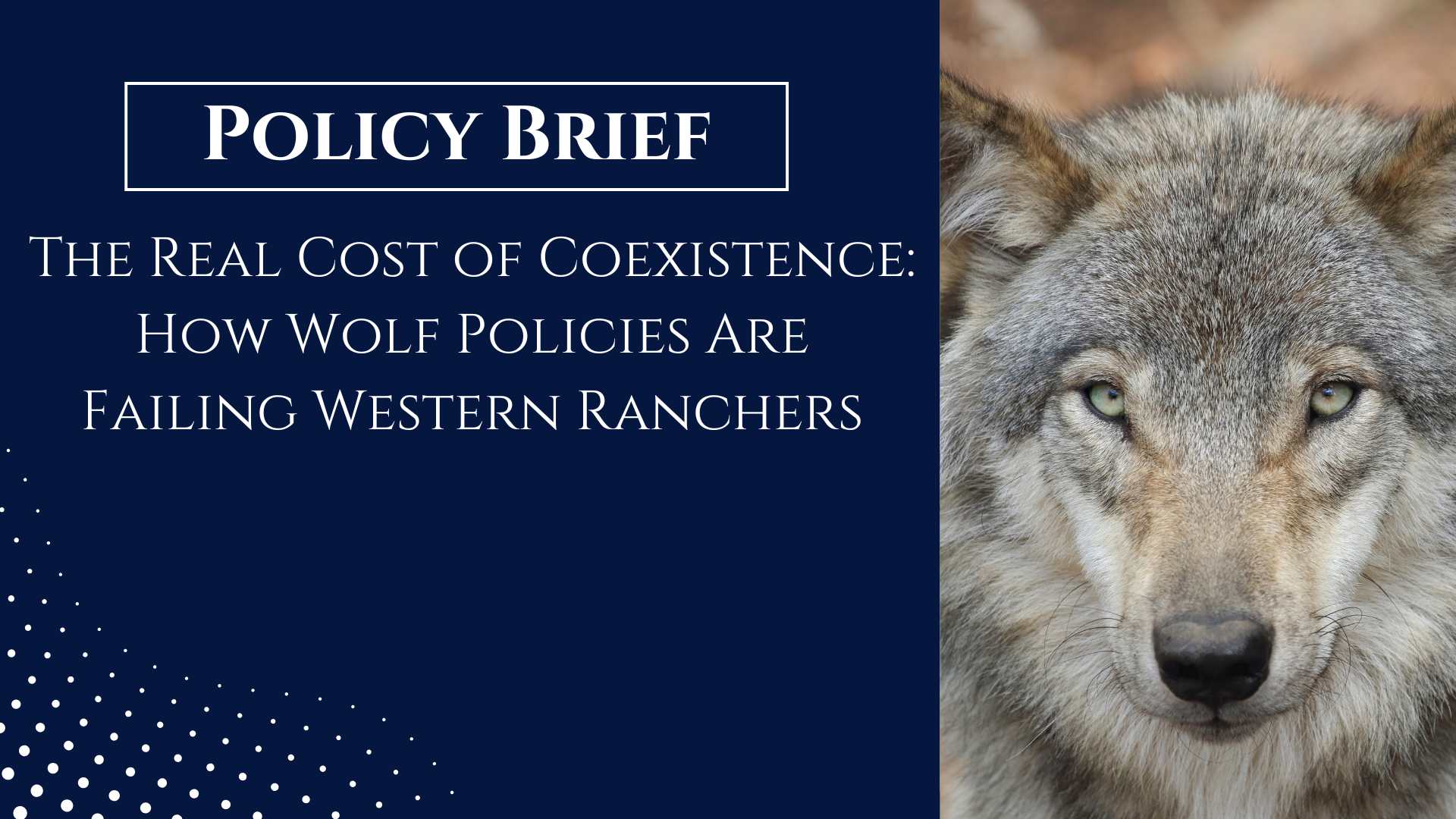Livestock identifications and inspections have long been a challenge for ranchers in Washington state. The challenges have largely been financial, causing the Washington State Department of Agriculture to consider cutting funding for those identifications and inspections. Commonly called the “brand program,” keeping the livestock identification department financially healthy and solvent has been a long road.
The Senate is working to fix those difficulties with SB 5439.
The bill would create an advisory committee to review the solvency of the brand program and make suggestions to the Washington State Department of Agriculture about how to improve the program over time. The proposed committee would include stakeholders from all sectors of the cattle, dairy, and horse communities to ensure a wide range of opinions and experiences were represented.
The brand program has been on the chopping block time and again during the last several years. The program is funded by a graduated inspection fee scale that which does not cover the costs of the program and requires additional funding from the Washington State Department of Agriculture’s budget. That fee structure was changed a year ago and has helped keep the brand program active.
The legislation looks to build on that financial reform. An advisory committee of boots-on-the-ground stakeholders is a good start.
The bill proposes another stratified fee structure of $4/head for cattle without a brand or ear tag and $1.20/head for branded or tagged cattle. The structure also includes a fee of $3.85/head for horses and a “call out” fee of $20. The “call out” fee is a set rate paid for booking an appointment with a private brand inspector; the fee is waived if the inspection is done by a certified veterinarian or a “field livestock inspector.” Inspection fees for cattle at a processing facility are set at $4.40/head, at facilities processing less than 500 head a day.
Our state has worked hard to maintain a brand program specifically to ensure transparency of cattle ownership and to track animal diseases. Several states in the U.S. do not have inspection services or, at least, do not govern them. Privatizing the inspection process has been the solution in many states. If Washington state is going to continue with an agency-based model, providing oversight from people within the industry is critical.






